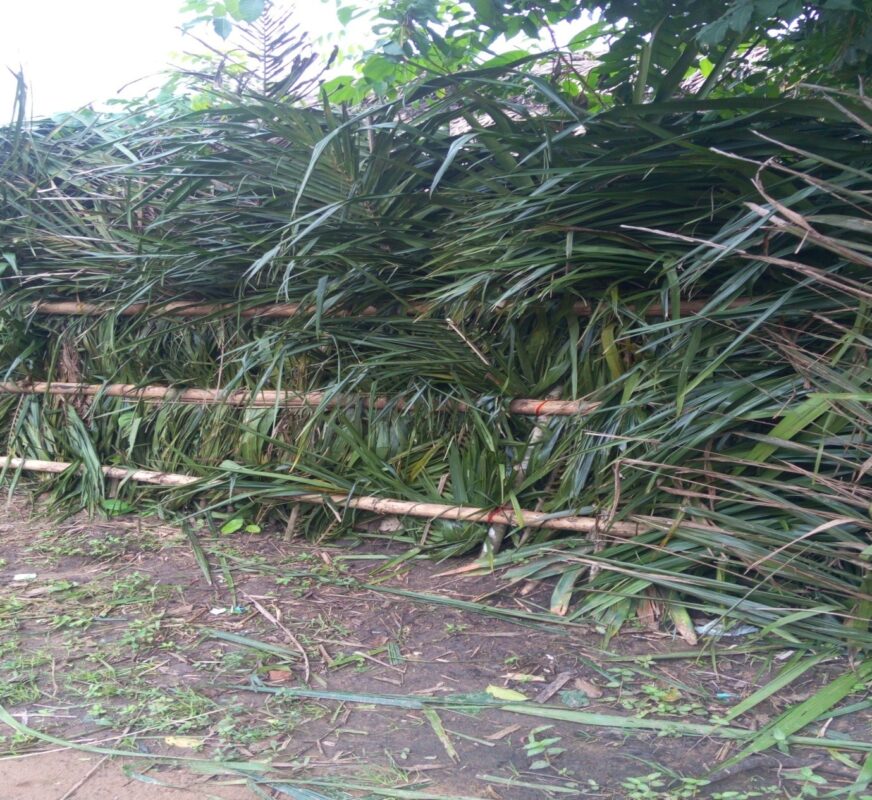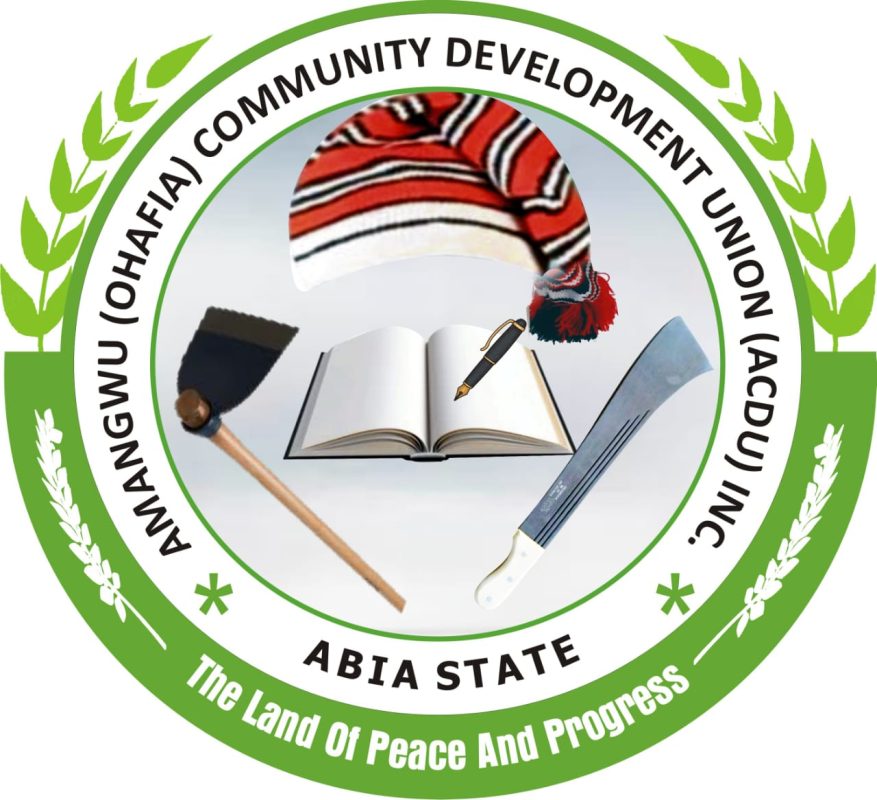
Missionaries were the path-finders of British influence; their propaganda not only prepared the way for the government and exploiters but also ensured the smooth and peaceful occupation of colonialist forces. The relationships between missions, colonial government and mercantile powers were far more complex than iť is often portrayed. The clash role of secret societies is a classic illustration of the complexity.
The societies range from young people’s Obon to more serious affairs like Akang and Ekpe/Okonko . All are’ borrowed from the non-Igbo peoples, especially the Ekoi of the right bank of the Cross River. In the social order of these areas, “the secret societies and the age groupings in particular symbolize the village as a cohesive whole, pulling men from the domestic routine to meet with non relations in a wider social world, with its own sense of history, ceremony and ritual”. Sex and wealth differentiations, the power and wonder of the spirit world, the mystic of secrecy and in some cases, political power attracted people to join seceret societies.
Obon from Nde Amogu is a social gathering with membership secrecy and without any spiritual or evil attached.
Obon pays no political dividends but parents ensured that their young male children (from the age of ten) joined it. If a father or uncle failed to pay for a child’s initiation, the mother would provide the fee (money and food) to any male surrogate to act as a guardian. When Obon is being played, the guardian or sponsor would take the frightened child by the hand and walk to the precinct of the cloth- house and announce his intentions. After the necessary fees and negotiation, the child would be led in and shown the mysteries while members give him knocks on the head for having been a fearful weakling, Ikpo. An oath of utmost secrecy with threats of dire con- sequences would be administered. The salient features of the initiation ceremony contain the social importance: a child is weaned from his family (nuclear and extended) into a wider social group where he begins to know his age -group or peers. He becomes distinguished from females and is socialized into male roles and group activities like bird hunting, fishing, farming and so on. He acquires the skills and knowledge of customs necessary for survival in his environment. It was considered embarrassing and a social stigma to be told to stay indoors with females when Obon was playing. Other children felt free to molest such a boy because he had neither protectors nor rights. Some went to the extent of never calling him by his name but by the nick-name “Little Ignoramus” (nwa ikpo). Obon provided a great source of entertainment: the rich rhythm and the exerting dance style suit the energetic young people. Moreover, the temptation to betray the secret is so great that secret societies offer a very impressive schooling in the moral solidarity among these young boys.
CONCLUSION
The structure of Obon secret societies meant that in any given village in Ohafia, they were regarded as steps in social and economic advancement. The very successful individuals not only showed their status by marrying many wives, they tenaciously climbed the various ranks of men in the society. It was a prideful cultural form which engendered dignity, reciprocal confidence among members, protection, and strength. Beyond these, secret societies contributed to the development of literature in traditional society. They propagated nsibidi or nsibiri (secret language) which perhaps originated from neighboring non-Igbo groups.
